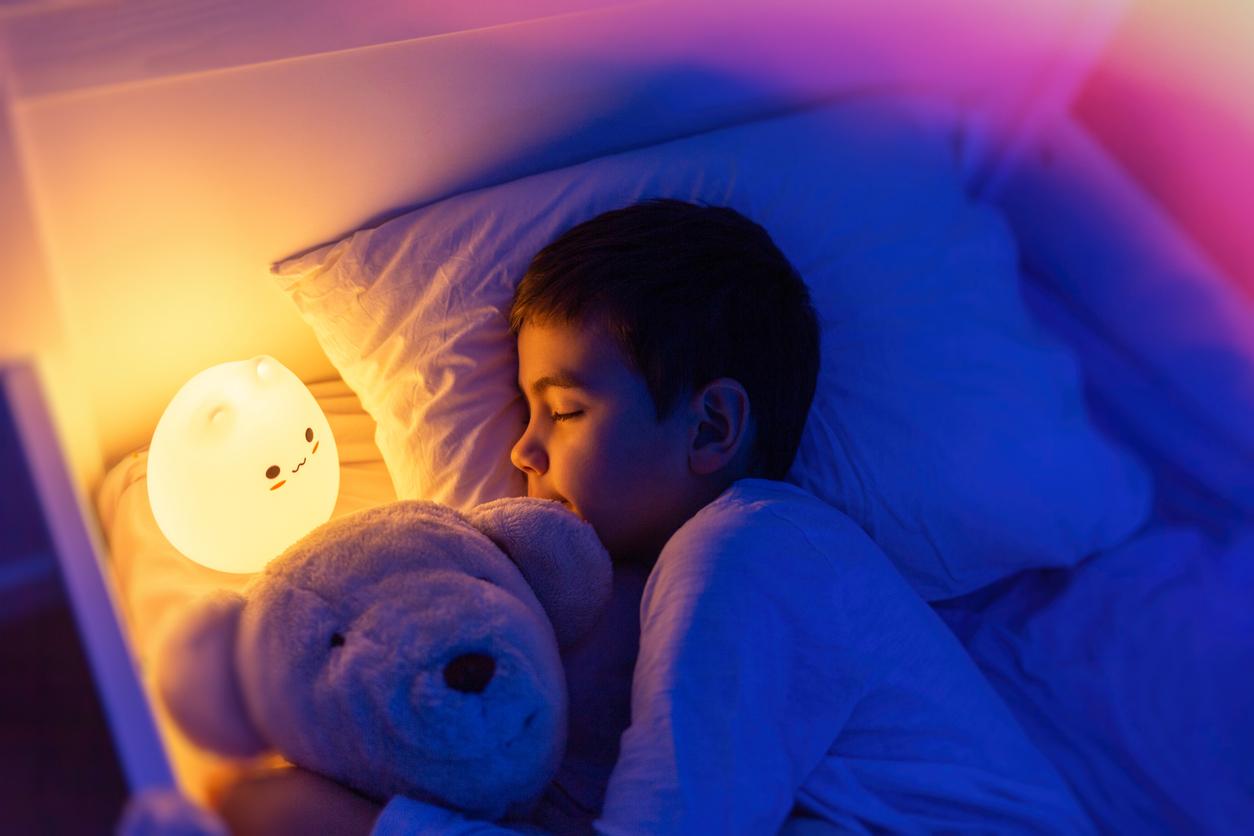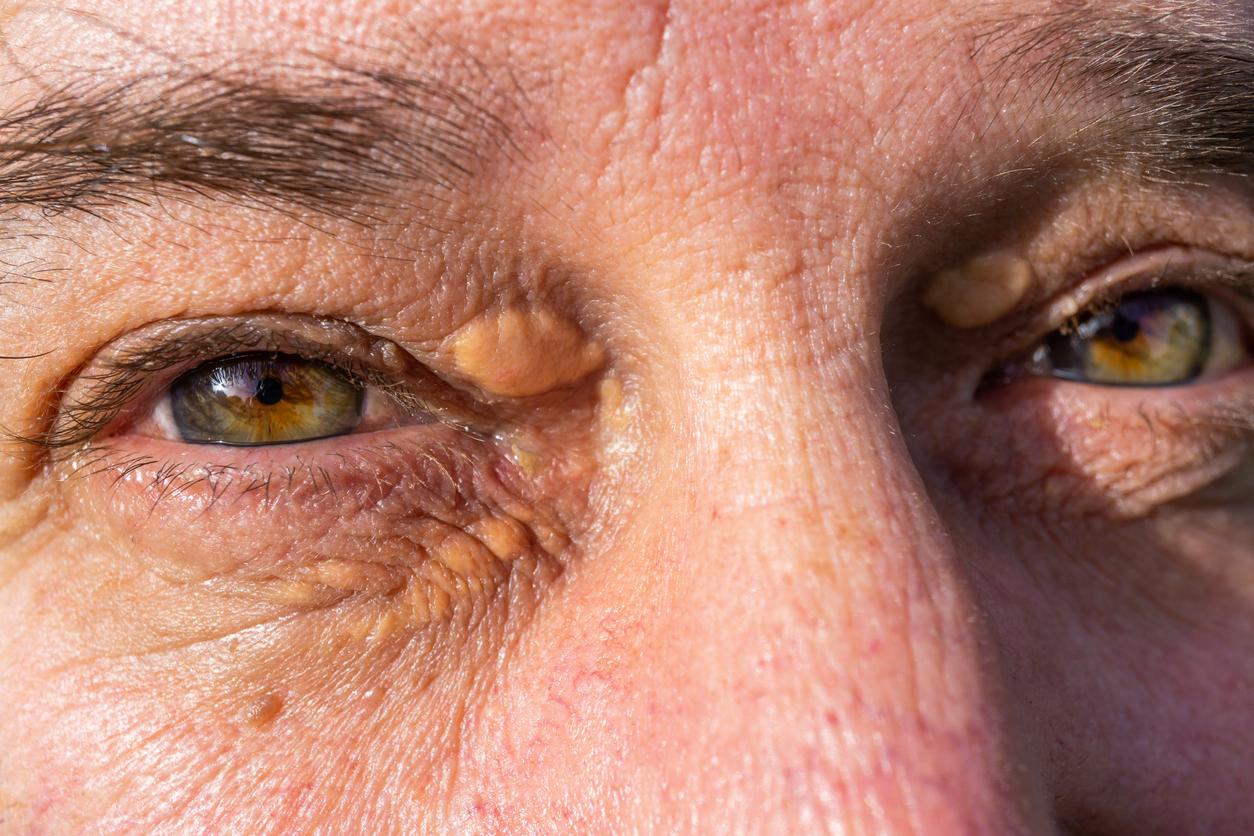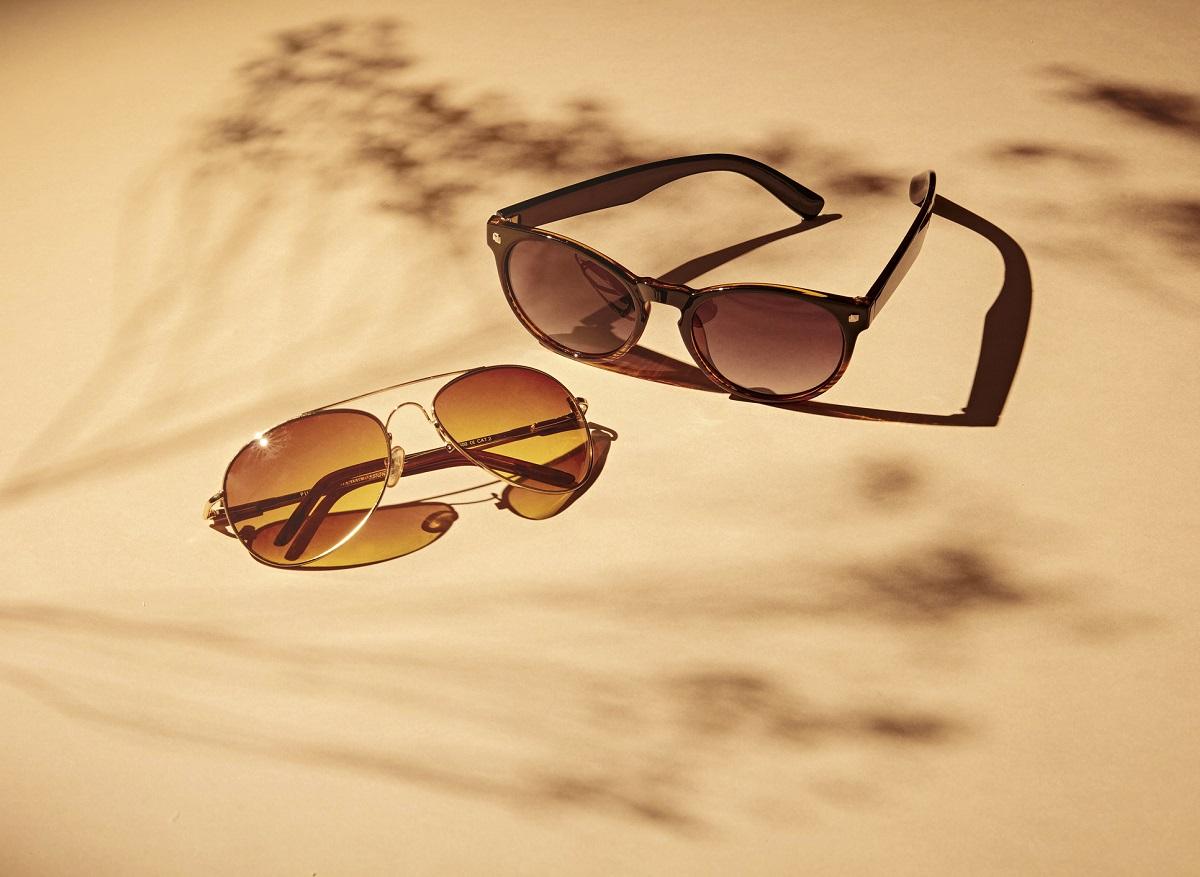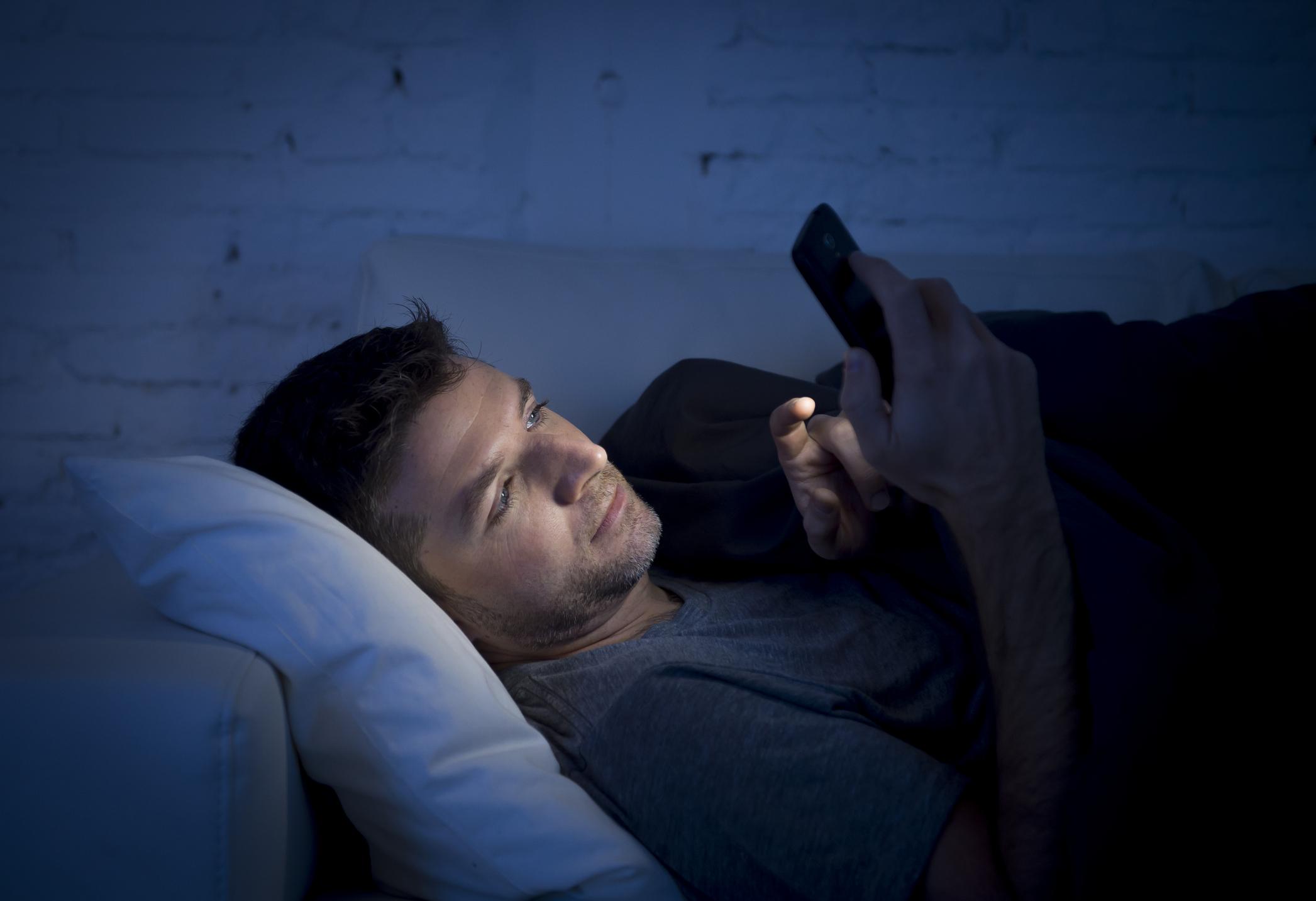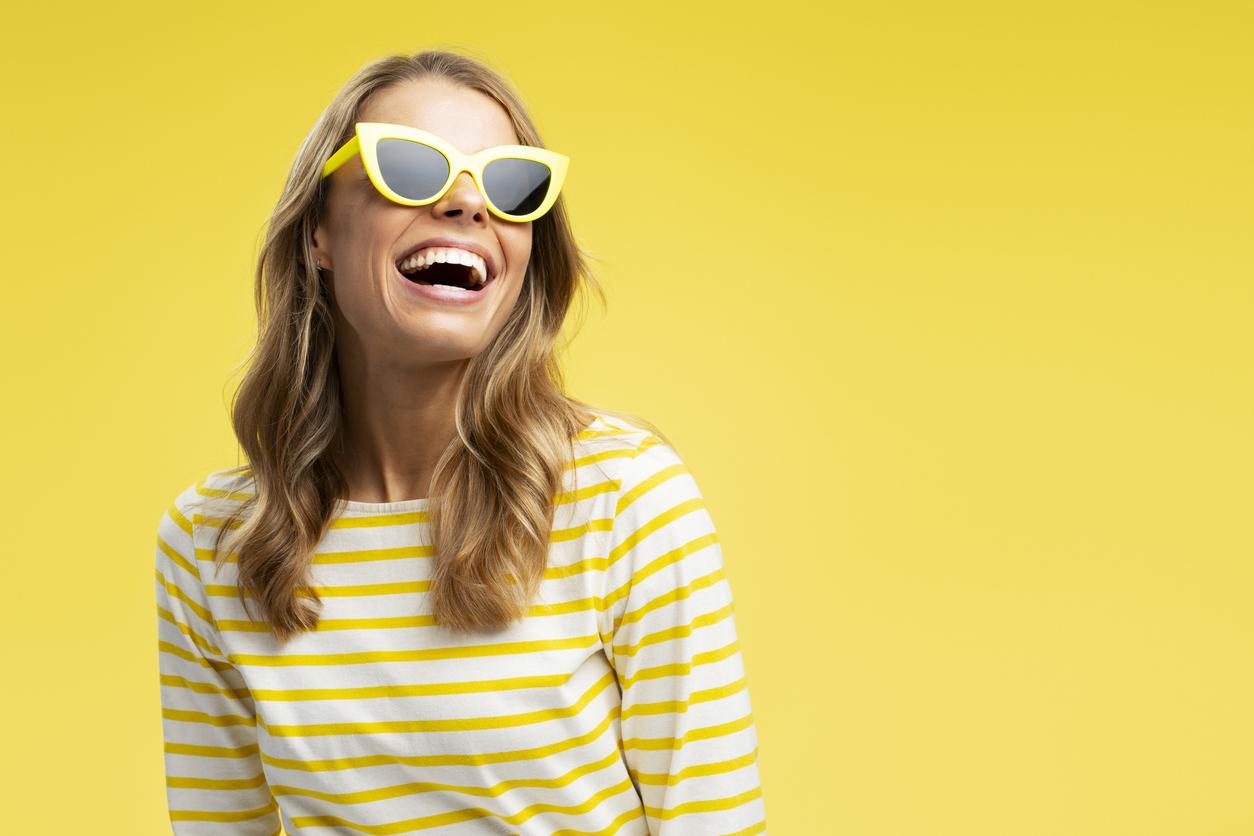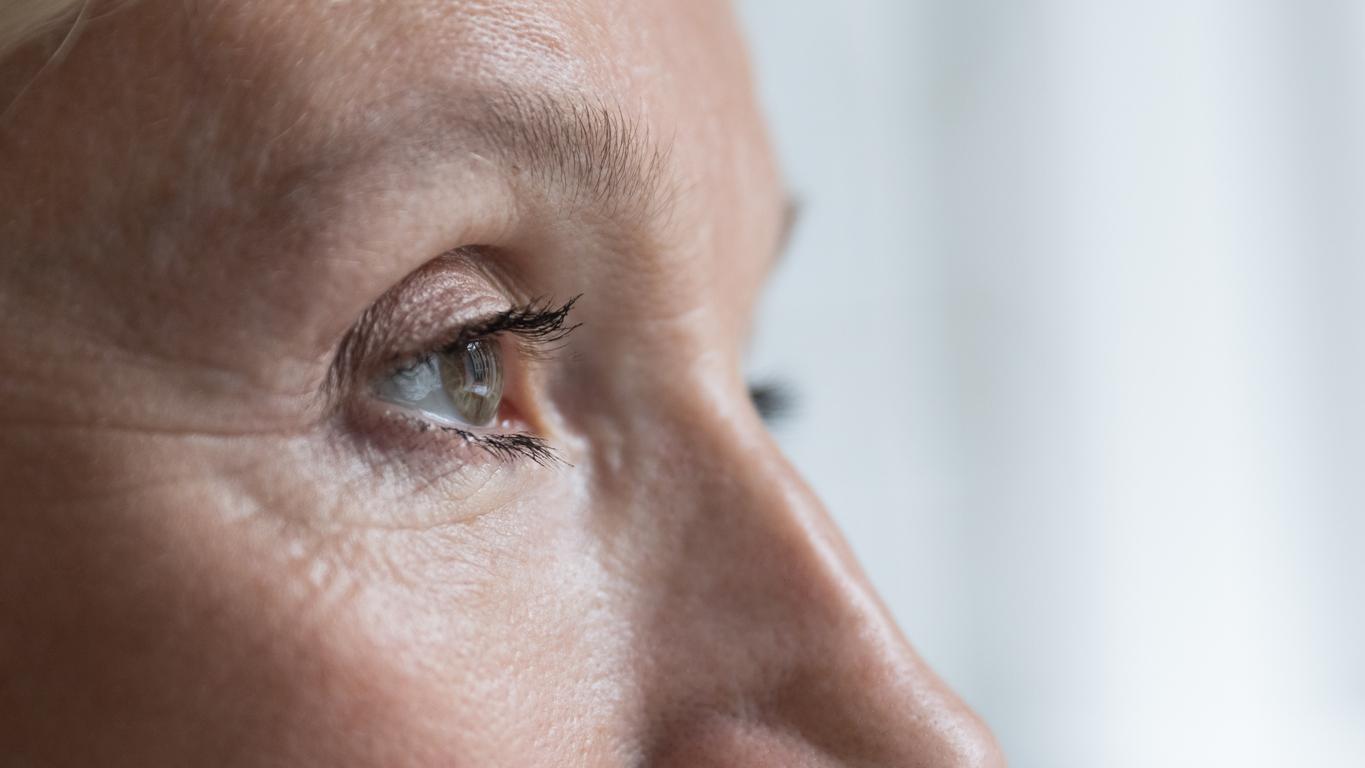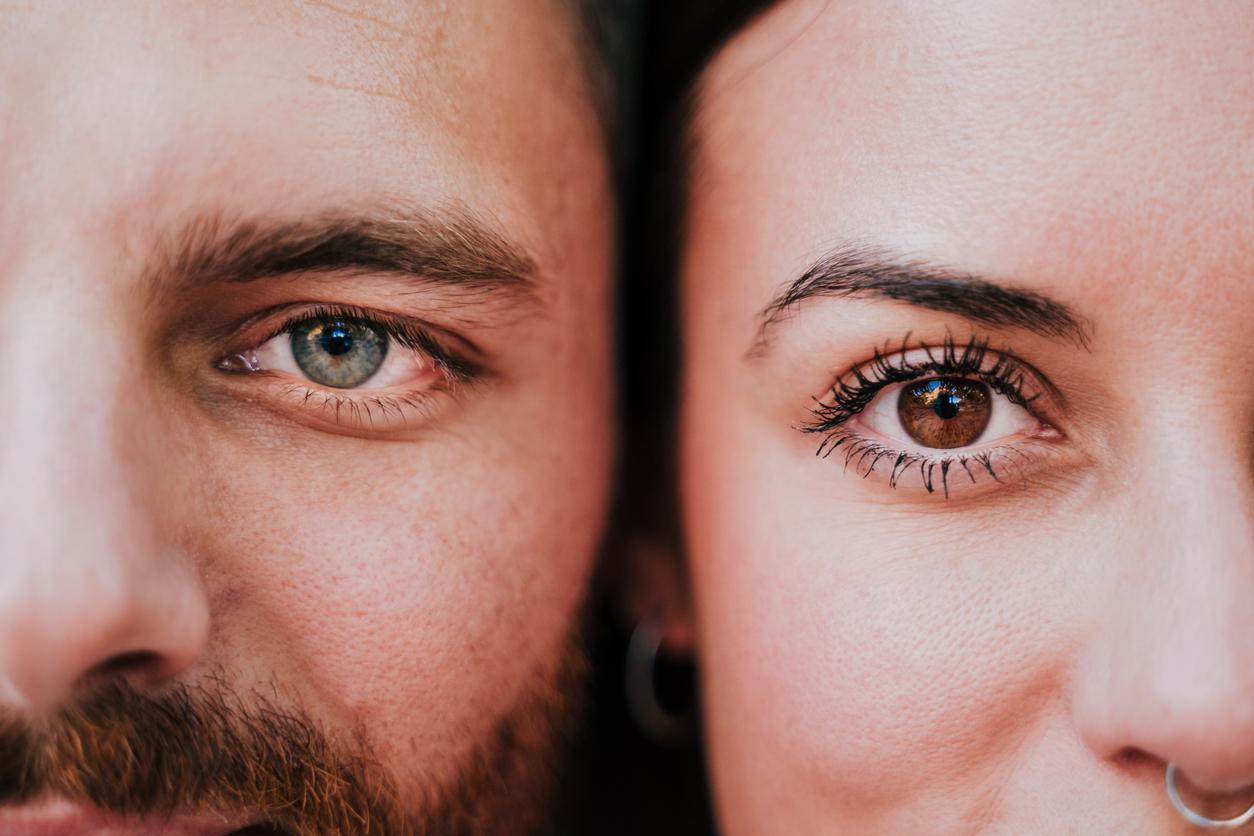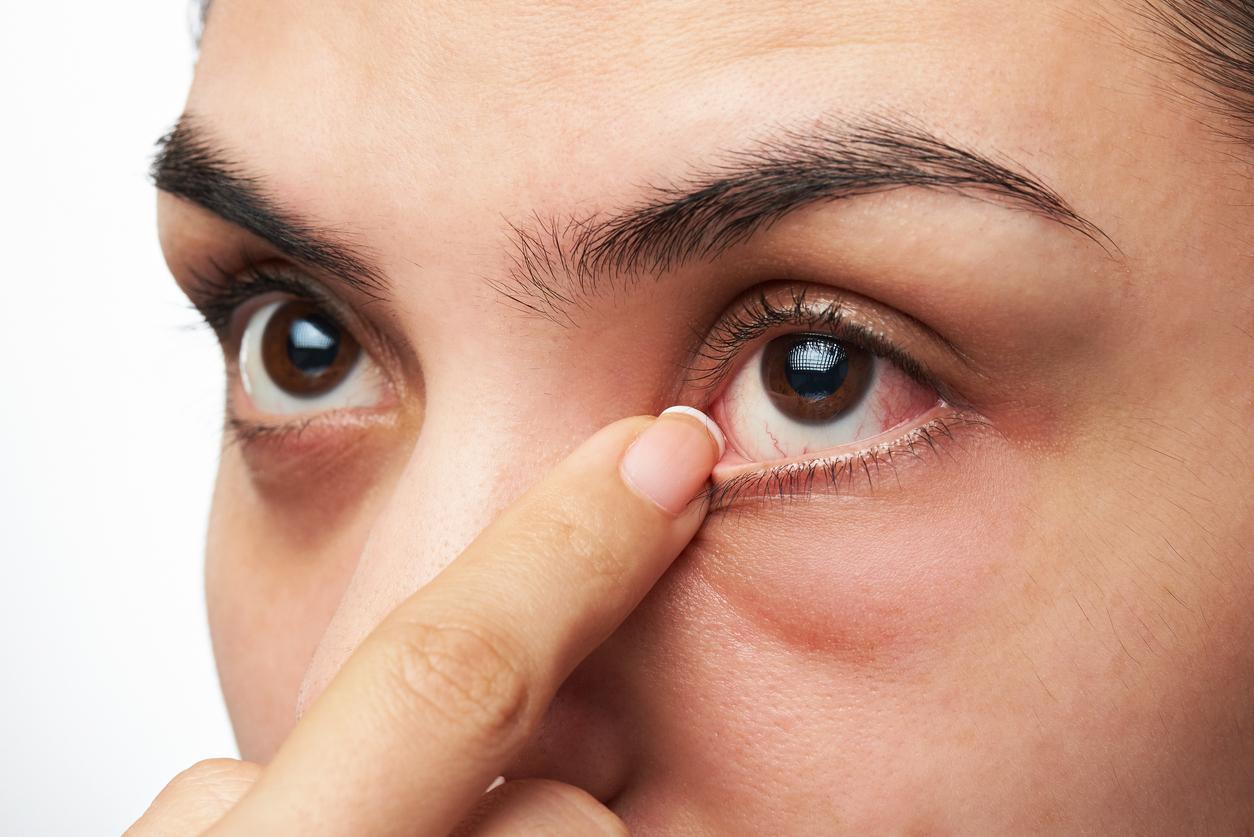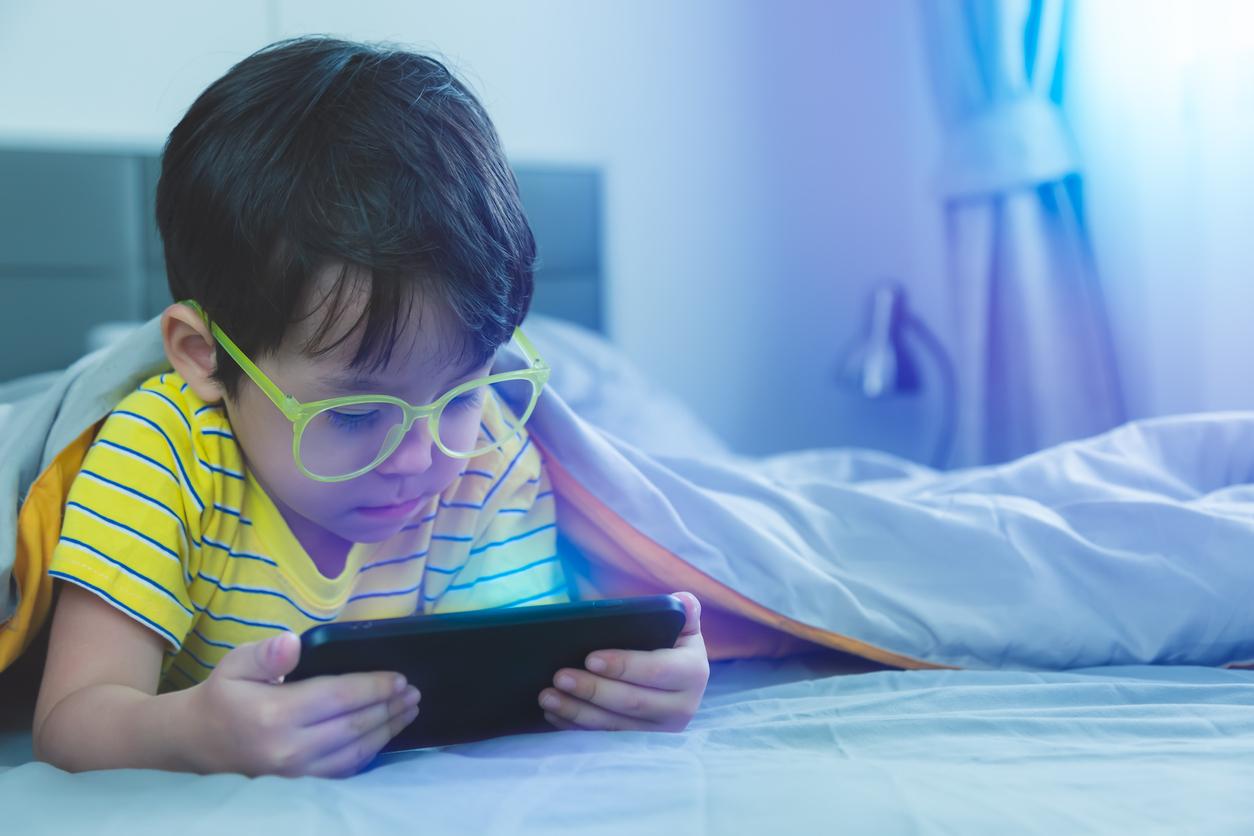The effectiveness of blue light blocking glasses is questioned by researchers who believe that they do not protect the eyes from eye strain.
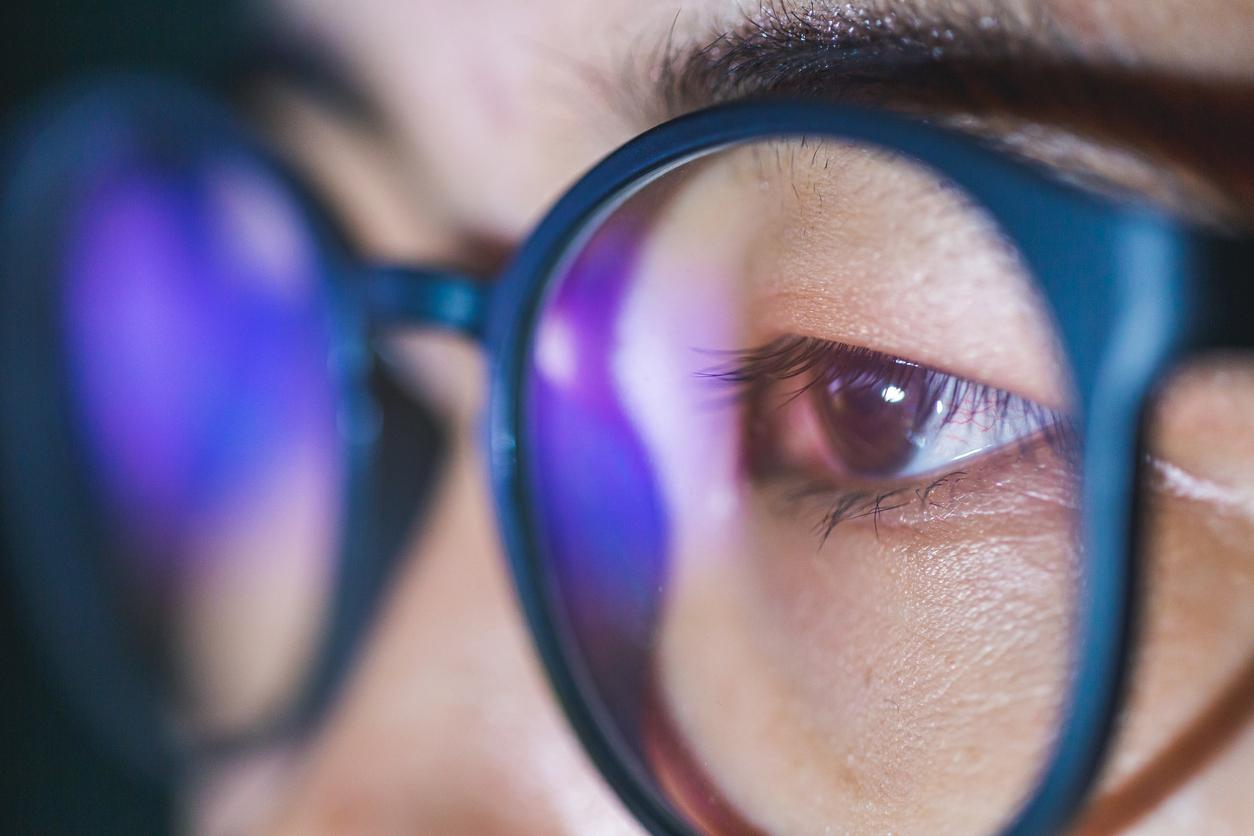
- The effectiveness of blue light blocking glasses is questioned by a study.
- The researchers believe that they have no protective effect on the retina and that they do not reduce eye fatigue.
- These glasses would only filter between 10 to 25% of blue light.
Blue light blocking glasses are popular. Some buy them when they have no vision problems, others simply add the option to their corrective glasses. The reason for the craze? This filter is presented as being able to protect the retina, reduce eye fatigue and help to sleep better. But, a new study from the University of Melbourne calls into question the effectiveness of this device.
Only 10-25% of blue light filtered with these glasses
“We found that in the short term, there may be no benefit to using blue-filtering glasses to reduce eye strain from computer use, compared to non-filtering glasses., explains Laura Downieone of the authors. It is also currently unclear whether these filters improve the quality of vision or sleep, and no conclusion affirms their effects. [positifs] on longer-term retinal health.“
To reach these conclusions, the researchers analyzed the results of 17 clinical trials conducted in six countries, with a total of 619 participants. “Blue light blocking glasses usually filter, depending on the product, only about 10-25% of this light, underlines Dr. Sumeer Singh, author of this study. To filter out higher levels of blue light would require the filters to have an obvious amber tint, which would have a substantial effect on color perception.”
Marketing arguments, without proof that the glasses protect the eyes
For scientists, the virtues advocated by these glasses are therefore unfounded, but widespread in the population thanks to marketing strategies. “People should be aware of these results when deciding whether or not to buy these spectacle lenses,” insists Laura Downie.
Nevertheless, the scientists believe that additional research should be carried out on more participants to better assess the effectiveness of these products in terms of protecting the retina, reducing eye fatigue or even the quality of sleep.









